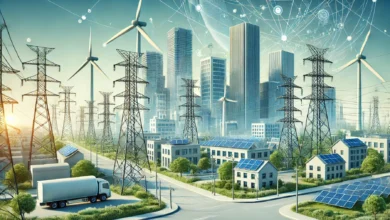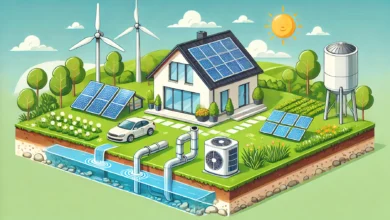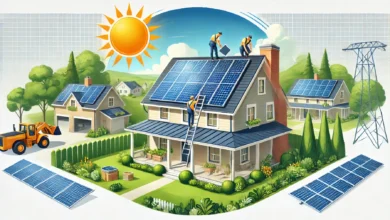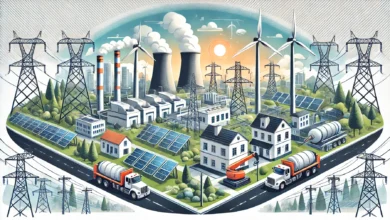How Long Do Solar Panels Last? | Lifespan and Durability
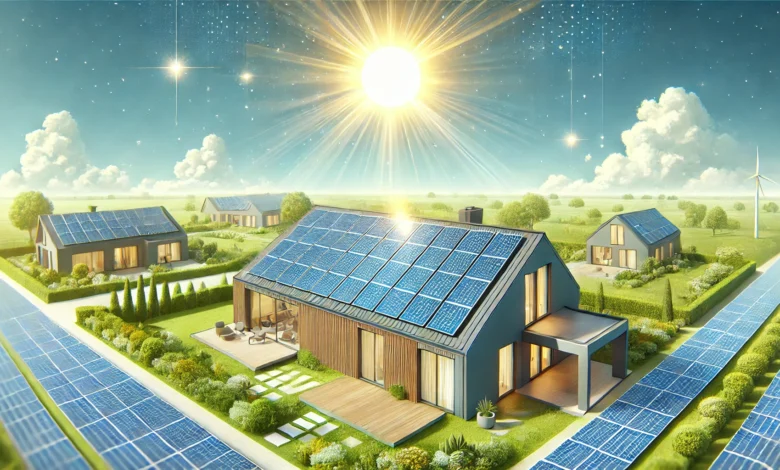
Deciding to use solar panels is a big step toward energy independence. Naturally, one of the first things people do when they think about solar panels is to wonder how long they last. The reason is simple: the longer, the bigger the return. Luckily, since solar technologies now are manufactured for longevity and can last about 30 years (or longer) under the right conditions. So, let’s explore what will impact solar panel longevity and what you can expect over your system’s lifespan.
Contents
Average Lifespan of Solar Panels
The lifespan of most solar panels will be somewhere between 25-30 years, but just because 30 years comes and goes doesn’t mean they will automatically stop producing electricity. After 30 years, it merely means they will likely drop below the capacity they promised when it was new. In reality, many panels will still produce electricity but at reduced efficiency.
Many manufacturers will promise that after 25 years they guarantee a minimum 80% of original capacity. Premium solar panels, which have better materials and construction, may maintain even higher output. Because of this, looking at the warranty details is a good way to estimate the real-world lifespan of your solar system.
What Makes Solar Panels Deteriorate?
When it comes to solar panels, degradation is a natural occurrence, expected over time. Here are a few factors to consider regarding the speed of solar panel degradation:
Material Quality
With good quality silicon and a solid frame, panels should be better equipped to withstand time. Low-quality material panels are more exposed to risks of micro-cracks, moisture intruding, and overall higher wear.
Sun & Weather Exposure
Solar panels that experience harsher weather conditions, such as excessive direct sunlight, heavy snow load, hail, and high winds, are strained more than under typical conditions. Protective coatings and smart placement can help lessen weather impact.
Installation Practices
Proper solar panel installation is crucial to correct placement and secure mounting. Improper installation by inexperienced installers could cause strain on the structure, moisture intrusion, or even failure before the panel’s useful life ends. It’s always best to work with qualified, experienced installers.
Maintenance Practices
If you don’t routinely clean solar panels of dirt, leaves, and bird droppings, accumulation will hasten the deterioration of your system. Maintaining even minimal diligence with cleaning and inspections increases the lifespan of solar panels. For tips on maintaining solar panels, visit the in-depth guide on how to clean solar panels.
Aging Signs of Solar Panels
When your solar energy system has been operating for years, you will begin to notice performance changes. Common signs of aging may include:
- Realized drops in energy production output over a few years
- Visual aging signs like discoloration, cracks, or corrosion
- Infrequent occurrences of inverter errors, troubleshooting, or system warnings
- Structural disruptions such as delamination or warping of frame and glass
While minor drops are expected, very sharp, sudden reductions should prompt you to call an expert for inspection and potential replacement.
Can Solar Panels Last Longer?
Yes! If proper attention to preventative maintenance is taken, the lifespan of a solar energy system can be extended. Here are some suggested best practices:
- Annual system inspections to identify small problems early
- Regular cleaning to enhance sunlight absorption and maintain efficiency
- Monthly monitoring of energy output to spot unexpected declines
- Use of high-quality mounting systems suited to your climate
Panels that are well maintained can outlast their expected lifespan and continue producing energy reliably for decades.
Differences in Panel Types
Different solar panel technologies offer different longevity expectations:
- Monocrystalline panels: Typically the most long-lasting, often exceeding 30 years
- Polycrystalline panels: Slightly less efficient but still durable for 25–30 years
- Thin-film panels: Expected lifespan of 10–20 years depending on quality
If you are exploring options, you may also want to learn about affordable solar panels.
When Should Solar Panels Be Replaced?
There isn’t a definitive expiration date, but early indicators for replacement might include:
- Excessive output loss beyond 30 years
- Frequent system failures or maintenance issues
- Availability of new technology offering better efficiency at lower cost
Replacing poorly performing panels with newer, better models can improve system performance and unlock new warranties and inverter technology options.
Frequently Asked Questions (FAQ)
How much efficiency do solar panels lose each year?
Solar panels typically lose about 0.5% to 0.8% efficiency annually. Higher quality panels degrade even slower.
Do warranties assure full life expectancy performance?
Warranties usually guarantee performance for 25 years, but many panels last beyond their warranty period with only minor efficiency loss.
Can solar panels be recycled at the end of their life?
Yes, many solar panel materials are recyclable, and the solar industry continues expanding recycling initiatives.
Is it mandatory to clean solar panels?
Cleaning is not mandatory but is highly recommended for maximum efficiency and early problem detection.
Do modern panels last longer than older models?
Yes, advances in materials and manufacturing processes have made today’s panels significantly more durable and resilient.
If you invest in quality solar panels and maintain them well, your system can generate clean energy for decades. If you’re interested in learning more, take a look at these 10 facts about solar energy — they might surprise you!
